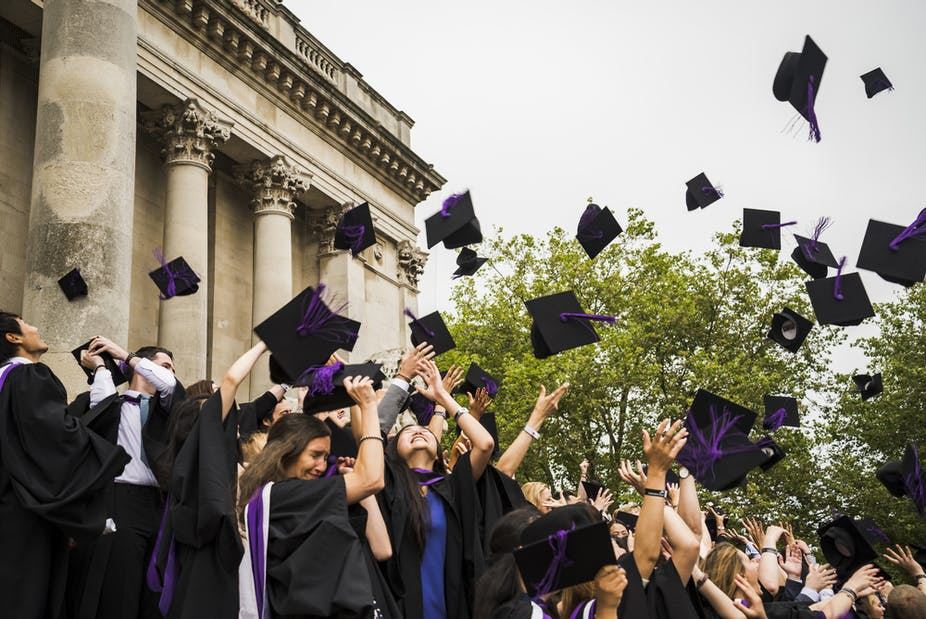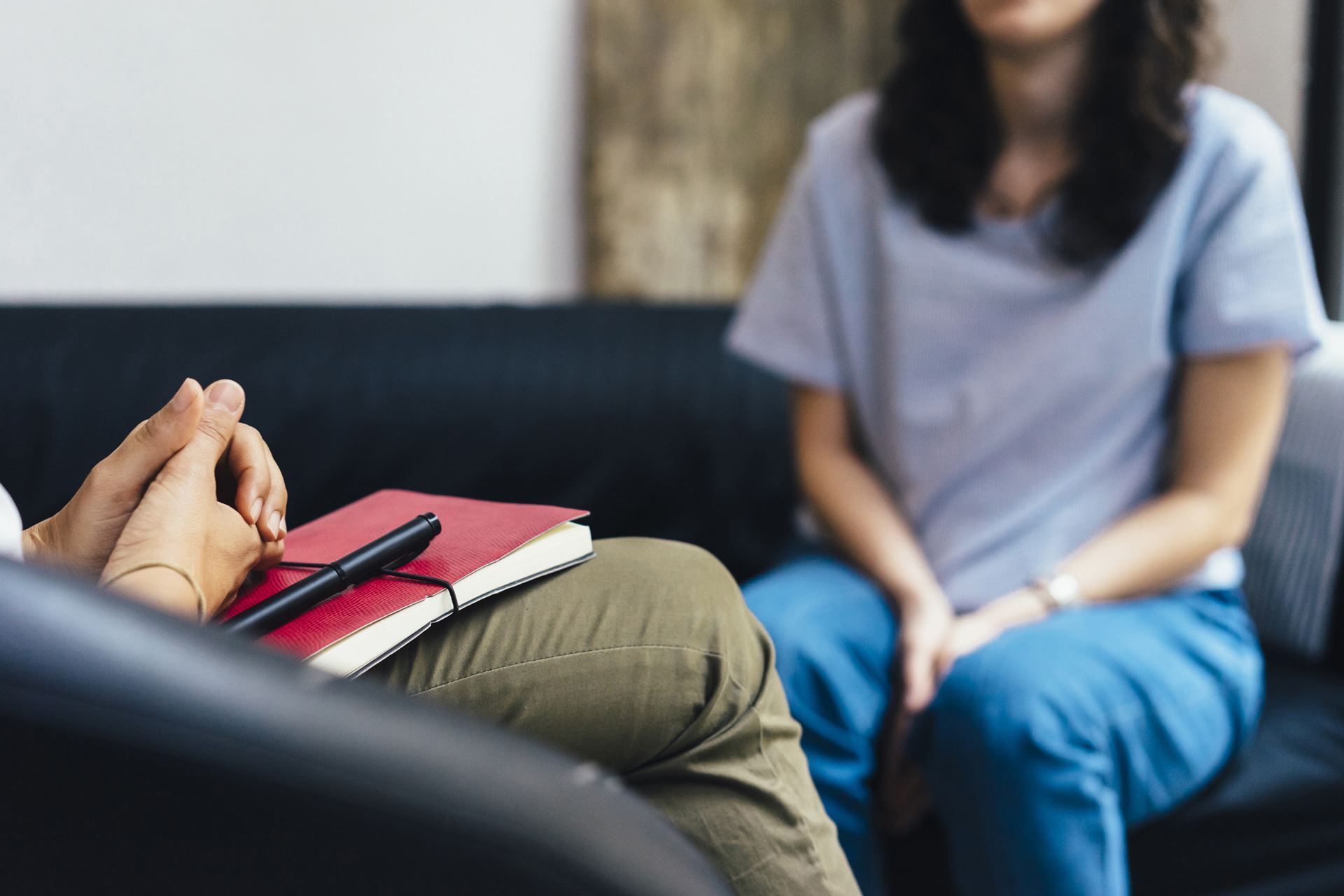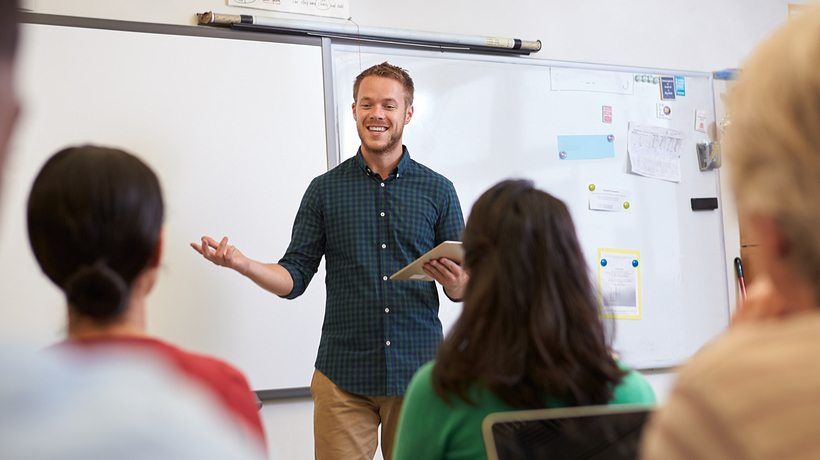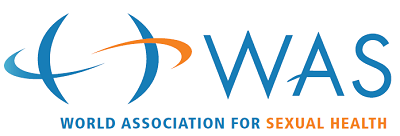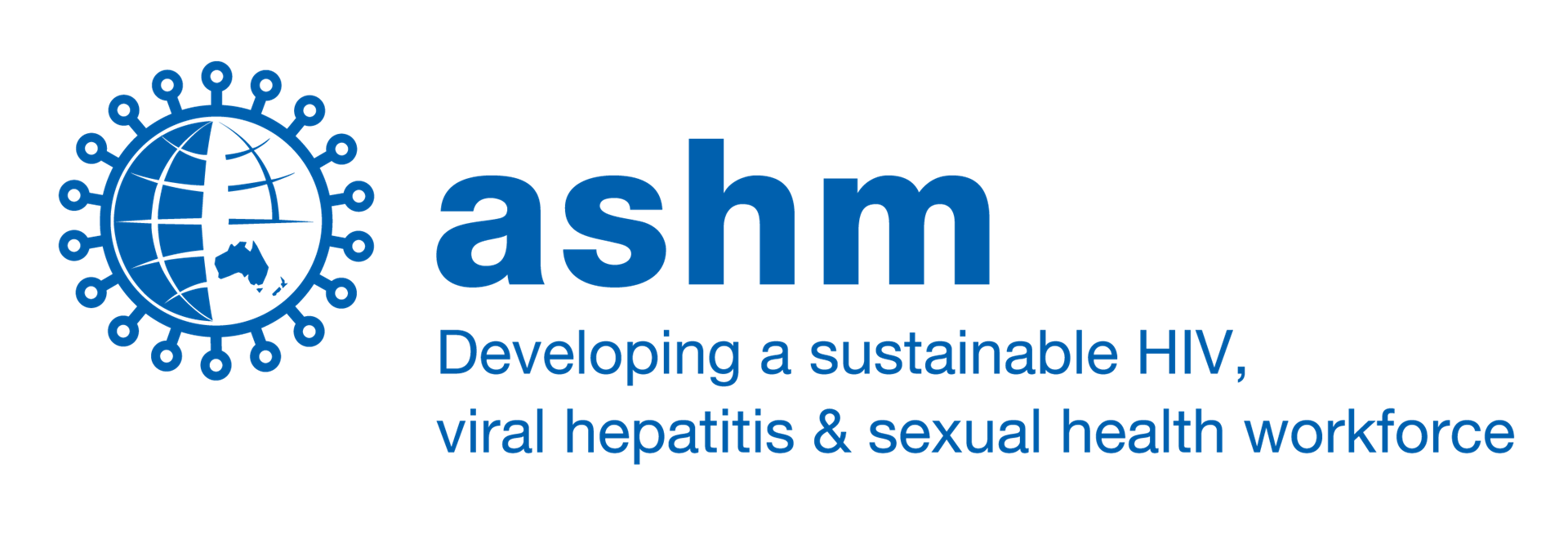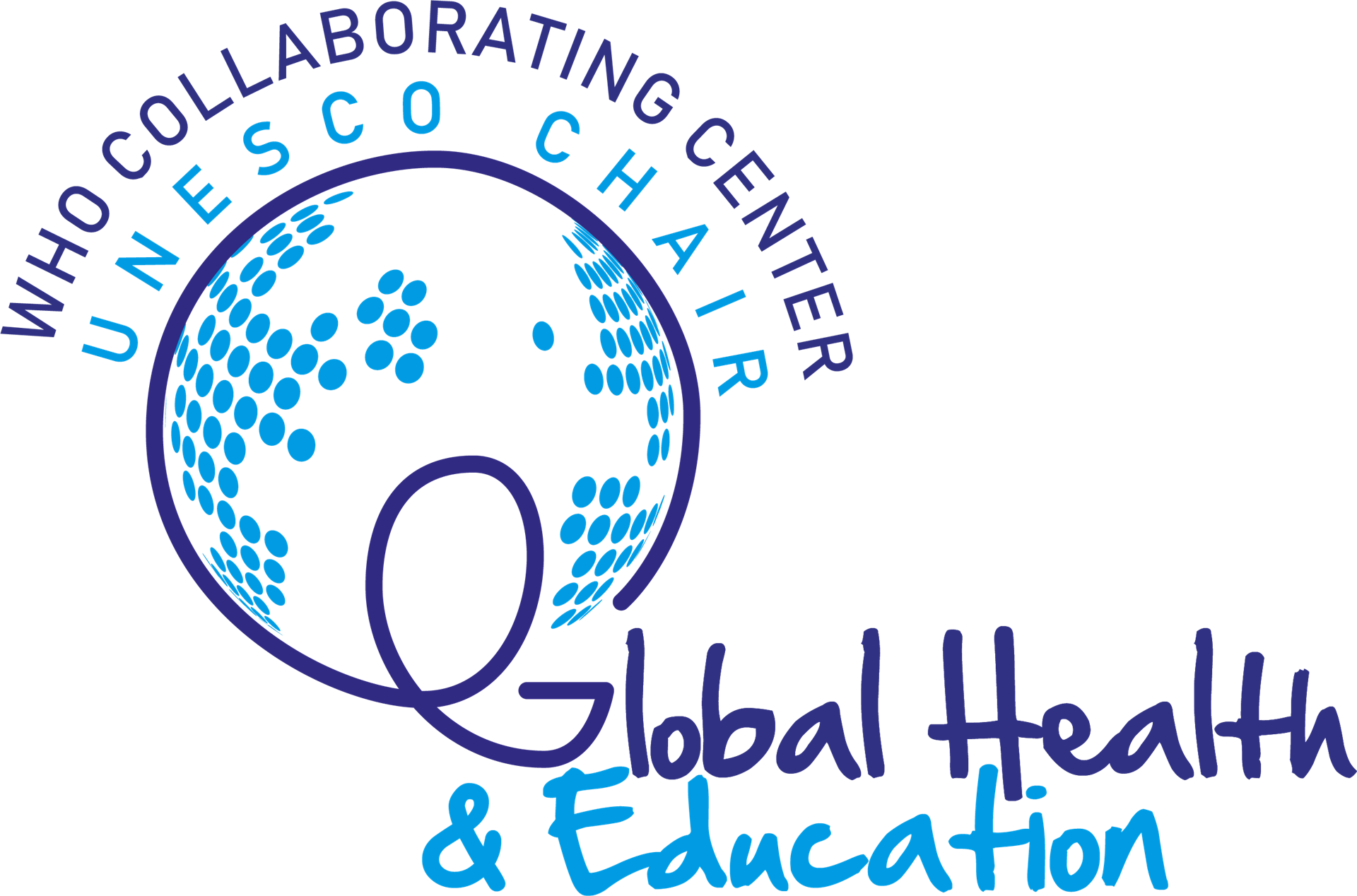Sexology Careers
Sexology is the multidisciplinary scientific study of human sexuality, including human sexual interests, behaviour, and function. Sexology may use tools from a variety of academic fields, including biology, psychology, education, sociology, anthropology, media studies, gender studies, criminology, medicine, epidemiology, and neurology. Sexologists study, research, and work within specialist areas in the field including sexual development over the lifespan (child, adolescent and ageing sexuality), sexual relationships, sexual behaviour and activity, sexual identity and orientation, trauma and sexual violence, and also with groups (cultures, people with disability, adolescents, sex in older age). The study of sexual function is also part of the broad umbrella term sexology, and may include, sexual dysfunctions like anorgasmia, erectile dysfunction, vaginismus, and sexual pain, among others. The Society often receives calls from people wishing to know how they can become a sexologist or more specifically someone who delivers psychosexual therapy or sexuality education. The student, general and accredited members of the Society of Australian Sexologists Ltd come from a variety of backgrounds. Everyone's pathway to being a sexologist will be different and it is one of the things we celebrate about our members. For some it is a second career and increasingly it is a consideration for undergraduate students wanting to join the sexological field. It is helpful to think of sexology as a postgraduate specialisation that builds on education and experience in more general and aligned areas. The Society also hears about people who practice as a psychosexual therapist or sexuality educator and have limited or no specific training. In the following section you can learn about the knowledge and skills required to become a qualified sexologist in Australia. Once qualified, a sexologist can pursue an accreditation pathway if they are specialising in psychosexual therapy or sexuality education. This pathway recognises the accumulation of practice hours, supervision/mentoring, and advanced study and provides regulation of practitioners for the protection of the public. If you have concerns about a member of the Society of Australian Sexologists, please visit our complaints page. |
General Skills & Knowledge
Training in sexological or psychosexual topics is the point which distinguishes a sexologist from other counsellors, therapists, educators, and healthcare professionals. More | Psychosexual Therapist Specialisation
To be a psychosexual therapist you will need to have had training in applying counselling and/or psychotherapy in a psychosexual therapy context. More | Sexuality Educator Specialisation
Sexuality Educators are specifically trained in sexuality topics and the delivery and facilitation of sensitive material which might be challenging for participants. More |

